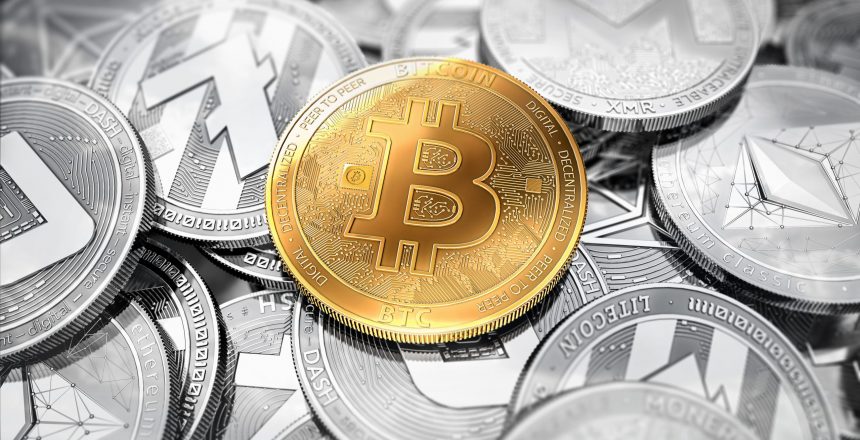Those involved in the cryptocurrency markets are familiar with the process for funding an exchange account to make trades. However, if you use a credit card to fund your account, chances are you will start seeing an additional transaction fee. Both Visa and MasterCard have clarified the Merchant Category (MCC) Codes used to classify these transactions, and the result is higher fees for consumers.
Four-digit MCC codes, assigned by the card organizations, categorize a business by the types of goods and services it provides. Until very recently, funding a cryptocurrency account was coded as a purchase. However, under new guidelines these transactions are now considered cash advances.
The impact for consumers is twofold: first, cash advances carry an additional 5% fee. Each time you fund your account using your card, you will be “losing” 5% of your investment, no insignificant amount. Less impactful, but still noteworthy, is that most cards treat balances from cash advances differently than standard purchases. If you carry your balance forward, you will pay a steeper interest rate than you do on purchases; in some cases, 25% or higher.
Visa and Mastercard have both issued statements regarding this policy. Mastercard said, “Over the past few weeks, we have clarified to acquirers — or the merchant’s bank — the right transaction or merchant category code to use for these types of transactions (cryptocurrency purchases). This provides a consistent view of such purchases for both merchants and issuers.”
Visa issued the following statement: “Visa allows credit, debit, and certain prepaid Visa products to be used to purchase cryptocurrency, provided such transactions are legal in both the buyer’s and seller’s jurisdictions. Acquirers and merchants are responsible for ensuring that all Visa transactions are properly coded in the Visa payment system, so that issuers can rely on accurate and consistent coding when making authorization decisions. These codes have been in place for some time. Issuers make authorization decisions and determine cardholder fees, if any.”
If you see these fees on your card statement, don’t blame your exchange. The fees will be there regardless of which exchange you are funding. The best plan is to use an alternative payment method for funding. Most exchanges allow the use of debit cards and direct deposit from bank accounts. The downside is that these methods are not instant, in most cases taking a few days for the funds to be available.
It comes down to a decision: pay a fee or wait a few days for your funds. Personally, I don’t like going 5% in the hole before my investment even kicks in. A crypto exchange is the last place I want my money sitting idly, but it’s wise to keep a small balance on hand to give you the agility to make trades as opportunities arise. This isn’t an ideal scenario, but consider it a sensible tradeoff given these recent developments.




